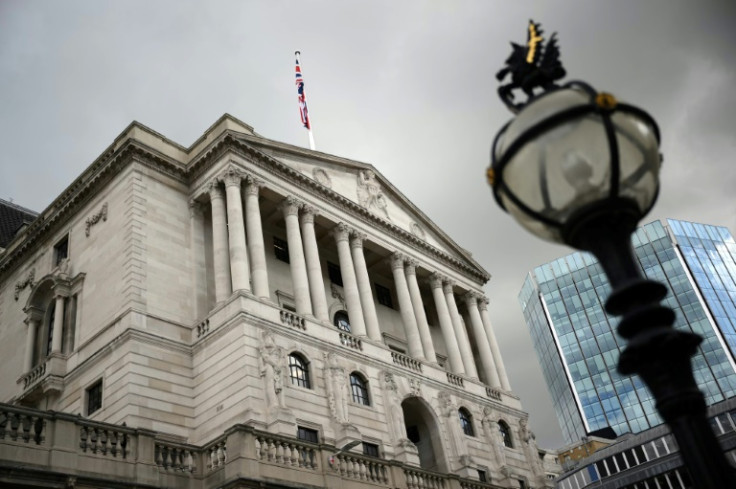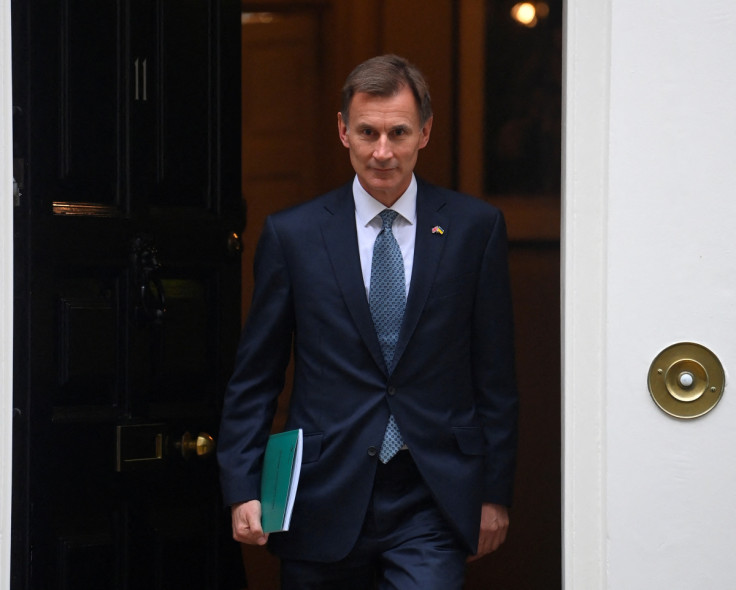UK Inflation Rate Drops for the Third Consecutive Month Despite Expectations
Whilst Whitehall says the slight drop in inflation month-on-month means its policies are working, the UK still has one of the highest inflation rates in the G20.

UK inflation has recorded a surprise decline, August figures from the Office of National Statistics (ONS) reveal. Inflation for August was 6.7 per cent, compared to 6.8 per cent in July.
Economists had widely expected headline inflation to increase to 7.1 per cent in August.
However, core inflation, which strips out volatile food and energy prices, including alcohol and tobacco, recorded a sharp drop, from 6.9 per cent in July to 6.2 per cent in August.
The CPI is calculated by checking the prices of a wide range of items in a representative "basket" of goods and services, including everything from housing to medical care, and travel to educational services.

Chancellor Jeremy Hunt said: "Today's news shows the plan to deal with inflation is working — plain and simple. But it is still too high which is why it is all the more important to stick to our plan to halve it so we can ease the pressure on families and businesses. It is also the only path to sustainably higher growth."
Labour has reacted by saying that the drop will mean "very little to families across the countries that can't afford to pay their bills".
Whilst inflation numbers are still high, August figures mean that inflation has fallen for three months in a row. Whilst that does not mean prices are coming down, it means they are rising less quickly compared to a year ago.
The Bank of England is due to announce whether the base rate will rise from 5.25 per cent. It is now expected, in light of encouraging inflation figures, that the anticipated rise to 5.5 per cent will not go ahead.
Decelerating food prices were the biggest factor behind the fall, with fish, eggs, milk, cheese and vegetables all coming down.
Hotel, accommodation, and airfare inflation all slowed, helping to combat the rise elsewhere.
Various categories of food items that went up, retarding the pace of the fall. Compared to 12 months ago, the price of sugar rose 56 per cent. Olive oil was up 38 per cent. Pasta and couscous were up 24 per cent.
The price of petrol is still going up. Simon Williams, the head of the RAC, expressed how "the price of petrol has increased by 10 pence a litre and diesel by 13 pence a litre since the beginning of August" to its current level of 148.5 pence per litre.
Williams said retailers' prices are too high compared to the wholesale petrol price, adding that it should be coming down to four pence or five pence a litre.
He stated that overall oil prices were going up because "oil production is being curbed by the Saudis and the Russians".
When the prime minister Rishi Sunak laid out his five priorities for 2023 in January, his top goal was to halve inflation by the end of the year – to 5.3 per cent.
In the three-month period between October and December 2022, inflation was 10.6 per cent. Whilst there is still disagreement among experts as to whether the goal will be reached, the Bank of England stated in August that it expected inflation to fall to five per cent by the end of the year, meeting the target.
Experts have warned however that, as the IMF has pointed out in its recent study of the oil shocks of the 1970s, it might be premature to declare that inflation is definitely on the decline – it may yet rise again.
In addition, the UK's inflation rate is still very high compared to the rest of the G20.
The Bank of England's inflation target is two per cent. The Bank has said it believes this will be met by the end of 2025.
© Copyright IBTimes 2025. All rights reserved.






















